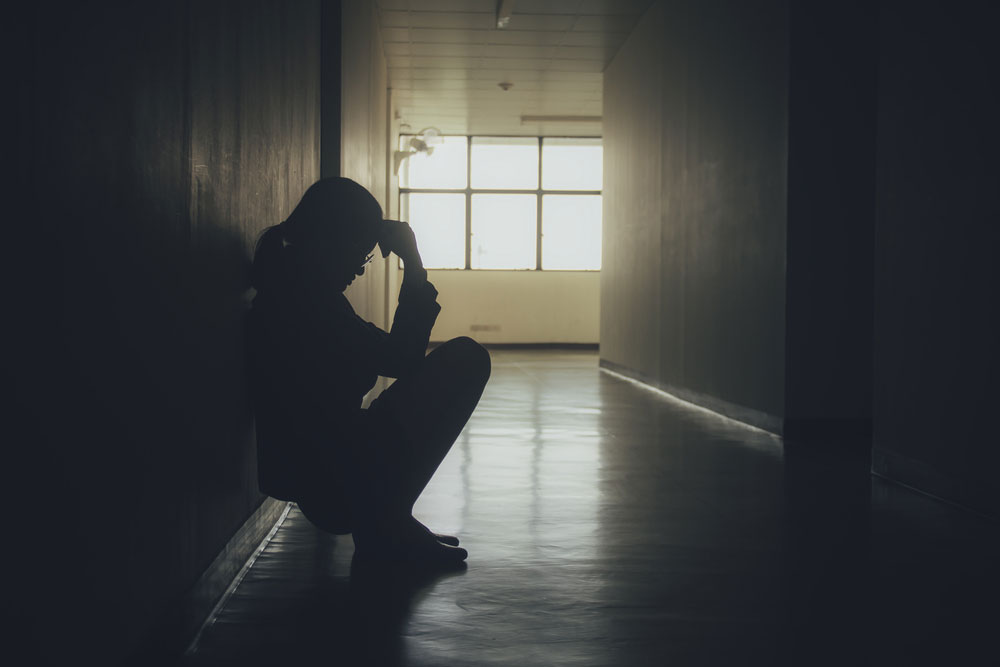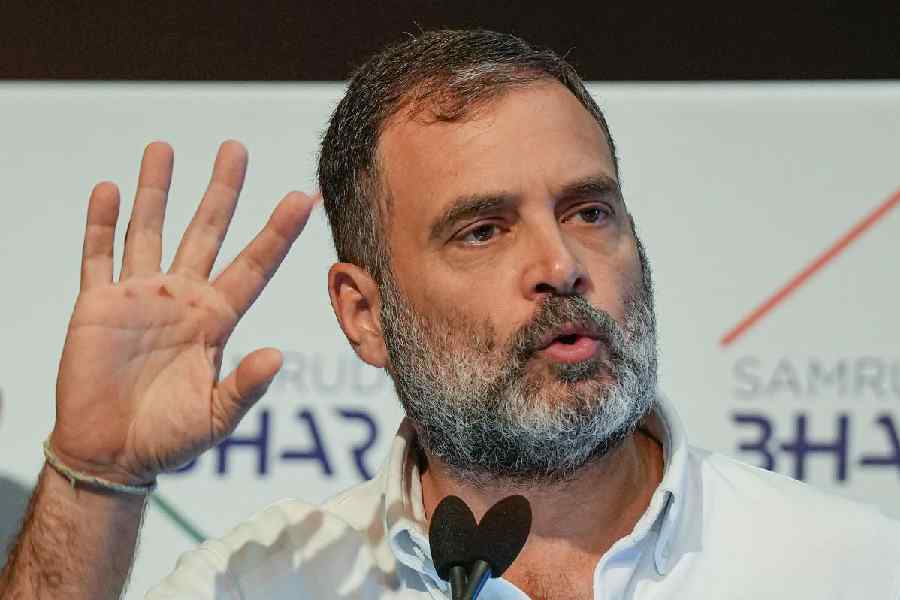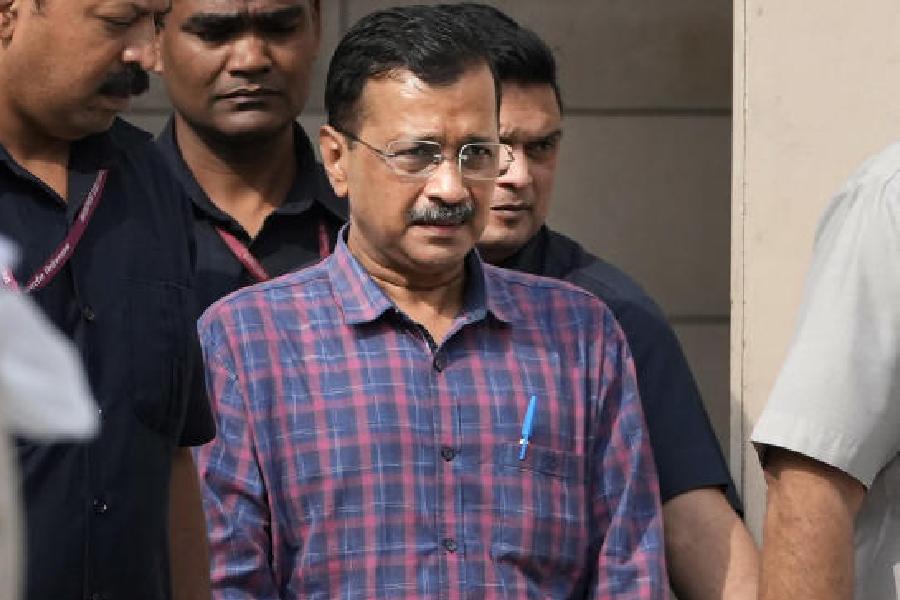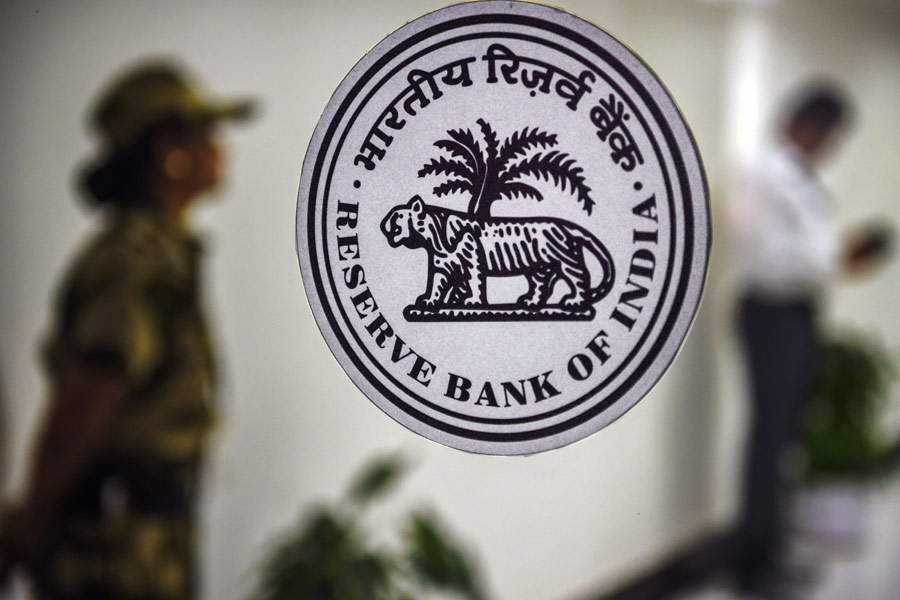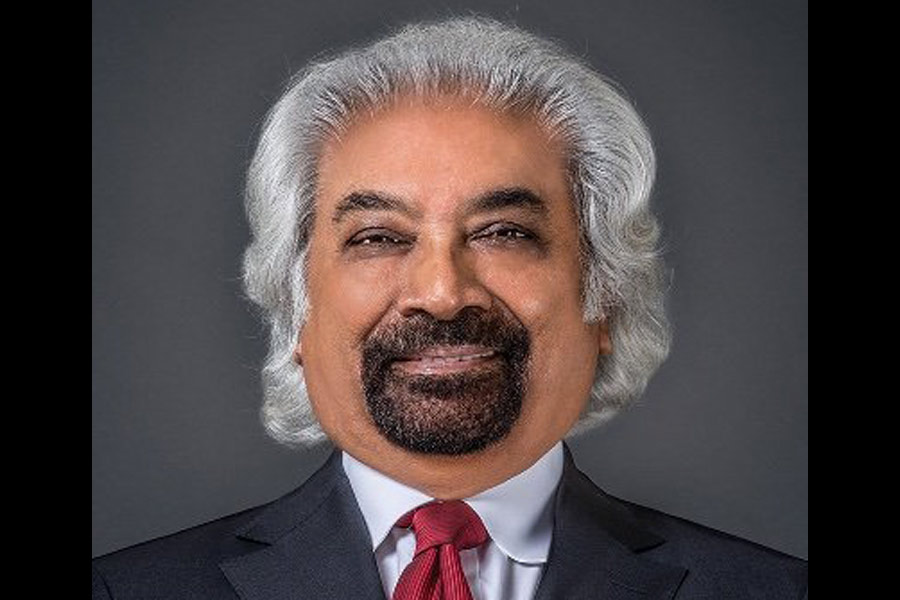The unknown, over which even human beings of the 21st century have no control, can be the source of the greatest fear. The unprecedented rapidity with which Covid-19 is spreading and the scale of its ravages seem designed to awaken this emotion in its primordial state, resulting in widespread mental distress even in the physically sound. Uncertainty has hit most strata of society, each with a different impact: the fundamental uncertainty about living and dying and fears for loved ones near and far have become bound up with the possibilities of livelihood loss, economic downslides, lack of access to necessities such as food and water, fears of imperfect protection when knowledge about the virus is still shaky — it is the awareness of an invisible attacker that can shake the foundations of reasoned composure. In India, as all over the world, mental health professionals are reporting a spike in depression, anxiety, panic, insomnia, guilt, fear of stigma, suicidal tendencies — causes for suicides in India range from fear of being suspected of contagion to violent withdrawal symptoms with the lack of access to liquor — and the fact that the coming of Covid-19 has exacerbated the conditions of those already suffering from depression and other forms of mental distress.
The immediate need of the physical-medical infrastructure to catch up with the numbers affected by the virus while protecting health workers may put concerns about mental health in second place. But the Indian Psychiatry Society found in a recent study that there has been a 20 per cent rise in mental illness cases: one in five Indians is mentally distressed. Some hospitals and specialist institutes are making arrangements for counselling over the telephone. Entrepreneurs and chiefs of small, medium and even large businesses are expressing the need for counselling, not just for their employees suffering from uncertainty, but even for themselves. Responsibilities for the workers as well as for their own families weigh heavy. The 21-day lockdown has aggravated the feeling of the abnormal, causing claustrophobia and acute nerviness. The scale of domestic violence remains unknown: there is obviously much greater mental distress waiting to be uncovered. Yet a large proportion of the distress would abate with even a little increase in knowledge about the virus. Knowledge can still induce a sense of control.

